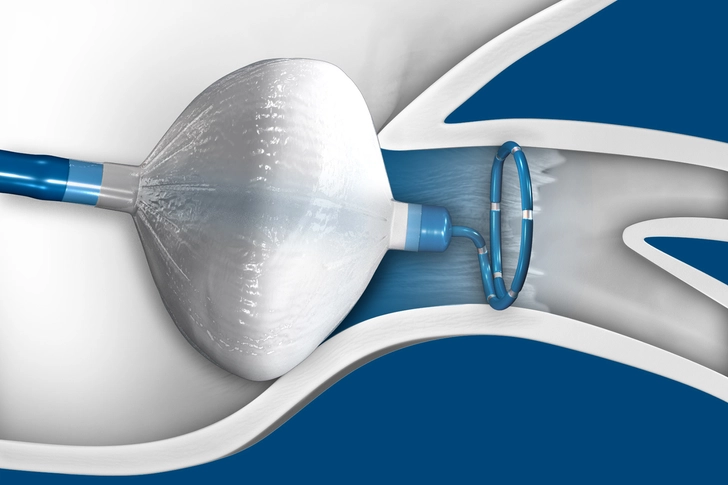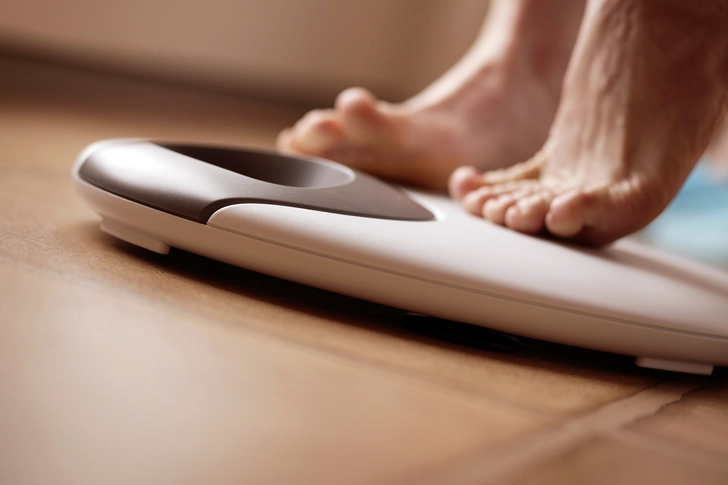Advances in AFib Treatment and Prevention



Staying on Top of Treatment
Even if you’ve been living with atrial fibrillation (AFib) – bouts of an irregular heartbeat – for a while, the way you manage it may still need tweaks based on the most current research. Here’s some of the latest data about treating and preventing the condition.

Pulsing Ablation
An ablation procedure scars tissue in your heart to block irregular signals. This new form uses electrical pulses instead of heat or cold to do the job. A March 2023 study in Circulation showed it was effective in two-thirds of people with AFib who got the procedure.

Cryoballoon Ablation
For this procedure, a doctor guides a tiny balloon through a flexible tube that leads from your groin to your heart. Once it’s in place, the doctor fills the balloon with freezing cold liquid. Scar tissue develops in the frozen spot and disrupts the abnormal electrical signals causing your AFib. This method has fewer side effects than medicine and improves quality of life.

Blood Thinner Alternative
Most people with AFib need blood thinners to reduce their risk of stroke. If you don’t do well with blood thinners, there may be an alternative option. A procedure called left atrial appendage closure (LAAC) closes off the part of your heart where blood clots most often escape into your bloodstream.

Blood Pressure Control
Past research finds a link between high blood pressure and AFib. But a new study points more strongly to high blood pressure as a clear cause of the condition. That means that in many cases medication and lifestyle changes to reduce blood pressure could control your AFib.

Smart Technology
Doctors typically record your heart’s electrical activity on an electrocardiogram (EKG) to diagnose and monitor AFib. Now a smartwatch can do that. The FDA has recognized several watches as accurate monitors of heart activity. You can send the reading to your doctor, who can review it and adjust treatment as needed.

Stress Management
A recent study that tracked 11,445 people for 23 years looked at how excessive fatigue, lack of energy, increased irritability, and sleep disturbances contribute to AFib. The researchers found that these stressors raise your risk for the condition.

Alcohol Abstinence
Alcohol has an immediate effect on heart rhythm. A recent study found that in people who already have AFib, just one drink can double the odds of an event within the next 4 hours.

Weight Management
A study of 44,000 people in China found that weight loss could greatly reduce the time you spend in AFib. People kept AFib at bay when they either took a few inches off their waist, lost 10% of their body weight, or lowered their body mass index (BMI).

Better Sleep
A recent study zeroed in on the ideal amount of sleep to prevent AFib: more than 6 and less than 8 hours a night lowers your risk for the condition. If you have sleep apnea and you already have AFib, getting it under control helps prevent further episodes.
IMAGES PROVIDED BY:
Robert Kneschke / EyeEm / Getty Images
Boston Scientific. ©2023 Boston Scientific Corporation or its affiliates. All rights reserved. Caution: Investigational Device. Limited by Federal (or US) law to investigational use only. Not available for sale.
Medtronic
Boston Scientific. ©2023 Boston Scientific Corporation or its affiliates. All rights reserved. Caution: Investigational Device. Limited by Federal (or US) law to investigational use only. Not available for sale.
Nastasic / Getty Images
Dianne Avery Photography / Getty Images
Dianne Avery Photography / Getty Images
iStock / Getty Images
Uppercut RF / Getty Images
Wavebreakmedia / Getty Images
SOURCES:
Circulation: “Pulsed Field Ablation for the Treatment of Atrial Fibrillation: PULSED AF Pivotal Trial.”
American College of Cardiology: “PULSED AF Pivotal Trial: New Ablation Technology Found Safe, Effective as AFib Treatment.”
Journal of the American College of Cardiology: “Cryoballoon Ablation as Initial Treatment for Atrial Fibrillation: JACC State-of-the-Art Review.”
European Journal of Preventative Cardiology: “The relationship between blood pressure and risk of atrial fibrillation: a Mendelian randomization study,” “Associations of anger, vital exhaustion, anti-depressant use, and poor social ties with incident atrial fibrillation: The Atherosclerosis Risk in Communities Study.”
Harvard Health: “Alcohol and atrial fibrillation.”
UAB Medicine: “Recent Advancements Make it Easier to Live Well with Atrial Fibrillation.”
BMC Medicine: “Elevated levels of body mass index and waist circumference, but not high variability, are associated with an increased risk of atrial fibrillation.”
Journal of Atrial Fibrillation: “Sleep Duration and Risk of Atrial Fibrillation: a Systematic Review.”
Memorial Health Care System: “Sleep Apnea and AFib: What’s the Link?”
AFib Matters: “Smoking.”